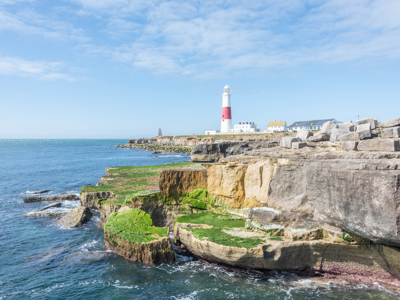
Living in the shadows: the hidden costs of incinerators
Charlotte Armstrong, Katie Bohl and Kah Ho Teh discuss the potential issues posed by the incinerator in Runcorn and the wider implications for communities across the UK.
Posted on 04 November 2024
Leigh Day is currently investigating issues surrounding incinerators across the UK regarding allegations of excessive levels of noise, smells and vermin infestations, as illustrated in a recent BBC article.
Growing number of incinerators
An Unearthed investigation in 2020 revealed that waste incinerators are three times more likely to be built in the UK’s most deprived neighbourhoods, with more than two thirds of the potential incinerators in England planned for the northern half of the country.
The BBC reports that nearly half of the rubbish produced in UK homes is now being incinerated. Scientists warn it is a disaster for the climate, and some are calling for a ban on new incinerators. Currently, several new plants are going through the planning process with existing ones growing in capacity. A BBC investigation found that nearly half of the UK’s incinerators have obtained approval for capacity increase without applying for a new permit, which requires public consultation.
These incinerators were also described as a better alternative than landfill or waste exports. However, the BBC reports that the waste being burnt is increasingly made of plastic and according to the Government’s own statistics, burning plastic produces 175 times more CO2 than burying it in a landfill.
What issues are nearby residents facing?
People living near these incinerators complain of noise, litter, increased vehicle traffic, smells and air pollution. Rising temperatures in the summer often worsens the smells, preventing residents from fully enjoying their property.
One such example of this is the incinerator in Runcorn: The Runcorn Energy Recovery Facility. This became operational in 2014 and now burns nearly a million tonnes of household rubbish every year. There are reports that residents have complained about the air quality, noise and vermin which they allege have impacted their health and quality of life. Some nearby residents feel there is no escape after their homes and businesses were left “worthless”.
The BBC reports that the Runcorn incinerator had breached its permit 17 times in the past five years.
It is clear that there is a real issue in the UK with proper waste management. Despite evidence from scientists that the incineration of waste is a disaster for the climate, incinerators are still being built in England, with most of these incinerators planned for the north of England.
The fact that incinerators are mostly situated in less affluent areas across the country raises questions about whether communities in these areas are presumed to be less likely to raise complaints about the smells and reduced quality of life which is often associated with communities proximate to incinerator sites.
How is Leigh Day involved?
Leigh Day is currently at an early stage in its investigations of the issues alleged against incinerators across the UK.
Leigh Day’s specialist environment teams are experienced in supporting with similar issues, having previously brought legal challenges against a refusal by the Secretary of State to revoke development consent for Edmonton incinerator on climate grounds, as well as against the exclusion of municipal waste incinerators from the UK’s Emissions Trading Scheme. Leigh Day’s public law environment team is also currently representing a campaign group in a High Court challenge to planning permission for a new incinerator in Portland, Dorset.
How can I be involved?
If you live near incinerators and feel that you may have been affected, please contact us for further information at environment@leighday.co.uk.

Legal challenge issued to government’s decision to overrule Dorset Council over planned waste incinerator on Isle of Portland
Debbie Tulett of Stop Portland Waste Incinerator has filed a legal challenge against a proposed waste incineration development on the Isle of Portland which Dorset Council initially rejected.



